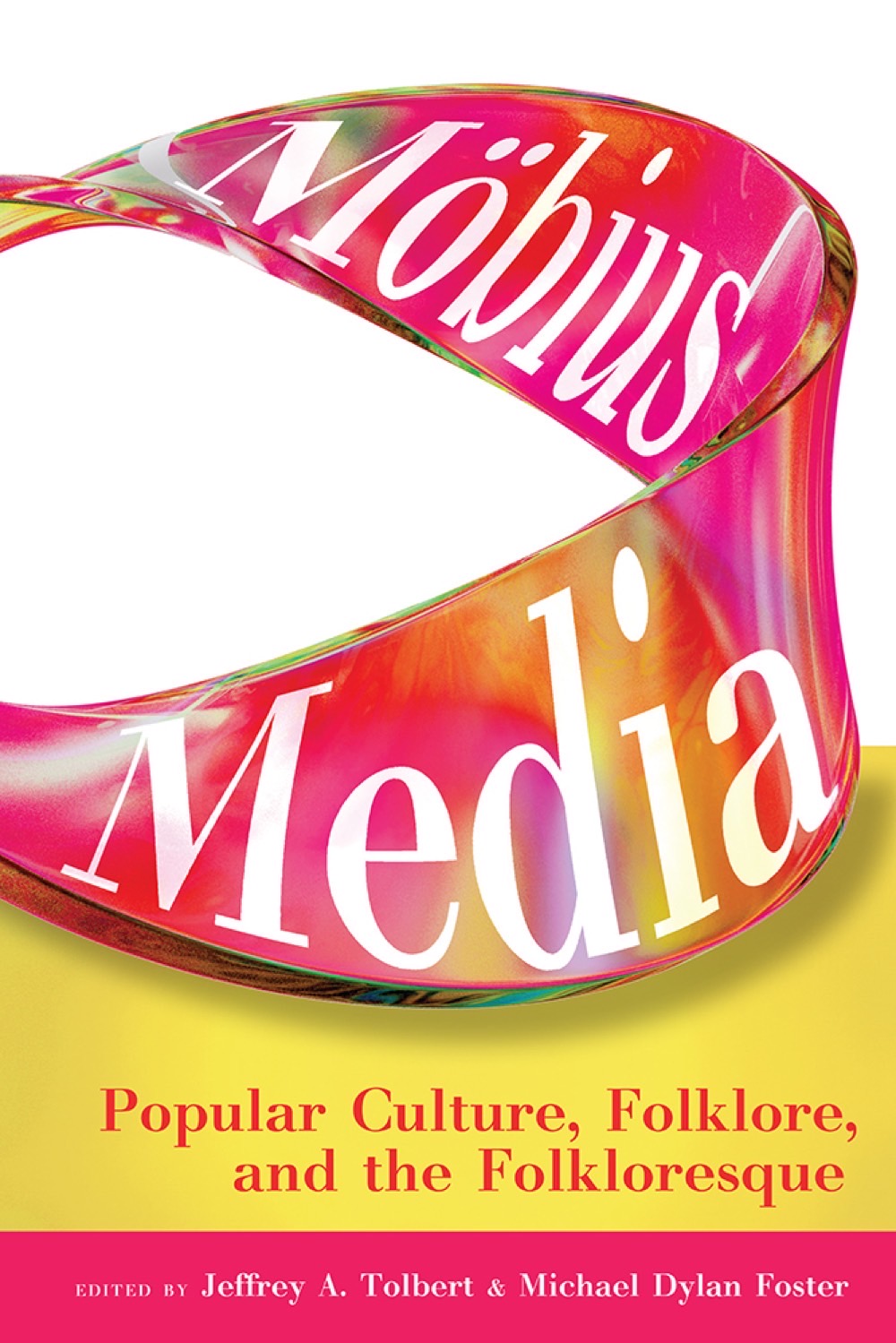Just Wonder
Shifting Perspectives in Tradition
Accessibility Tools
Popular Culture, Folklore, and the Folkloresque

“This fascinating collection explores the shifting boundaries between traditional folklore and commercial culture at a moment when vernacular and participatory culture thrives and people seek 'authenticity' even in their fictions."
—Henry Jenkins, coeditor of Popular Culture and the Civic Imagination
"A vital ongoing elaboration of a supremely useful concept for those interested in pop culture, literature, anthropology, and folklore studies."
—Roger Luckhurst, Birkbeck, University of London
“A valuable contribution that builds a nuanced and highly productive theoretical framework for understanding a range of cultural forms that might otherwise seem peripheral to the field or have been dismissed as misguided or outmoded popular understandings of ‘folklore.’”
—Jennifer Schacker, University of Guelph
“Invaluable for folklorists and for all scholars, and indeed anyone seeking to navigate and describe the complexity of the hypermodern cultural landscape in our era of ‘vernacular hybridity,’ in which distinctions between popular/folk/elite, institutional/vernacular, official/informal, commercial/noncommercial, anonymous/authored, online/offline, fictional/factual are breaking down.”
—Lowell Brower, University of Wisconsin
Möbius Media explores the interplay of popular and traditional cultures, reminding readers that expressive cultural forms are never mutually exclusive but exist in a state of creative tension and interconnection, merging and (re)defining one another. With this insightful volume, editors Jeffrey Tolbert and Michael Dylan Foster build on their earlier work, The Folkloresque, by considering how folklore is understood and mobilized within a variety of popular discourses and commercial marketplaces.
The collection challenges readers to consider the stakes of labeling something as folklore or folk. It demonstrates the rhetorical and political potency of ideas such as traditionality, heritage, and community in storytelling venues (including films, games, and even podcasts), in the construction and policing of genres, and in the selling of commodities. By interrogating popular media and expressions that make use of ideas such as folklore, tradition, authenticity, and heritage, Möbius Media further develops the theoretical applicability of the folkloresque concept and encourages productive interdisciplinary dialogue. Through the lens of the folkloresque, scholars can better see the hidden ideologies that inform the marketplace and influence contemporary modes of communication.
This interdisciplinary work will appeal to scholars and students of cultural studies, media studies, popular culture, literature, anthropology, and related areas.
Contributors: David S. Anderson, Anthony Bak Buccitelli, Paul Cowdell, Claire Cuccio, Ilana Gershon, Lisa Gilman, Timothy Gitzen, Ronald M. James, Kimberly J. Lau, Susan Lepselter, Paul Manning, Debra J. Occhi, Craig Thomson, Catherine Tosenberger